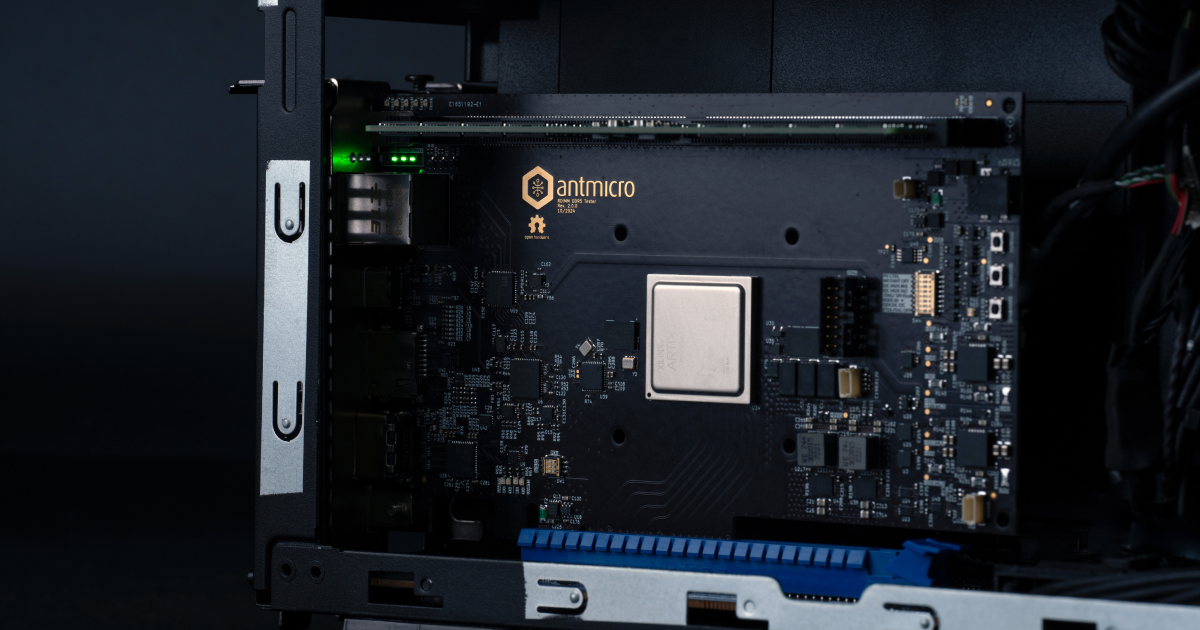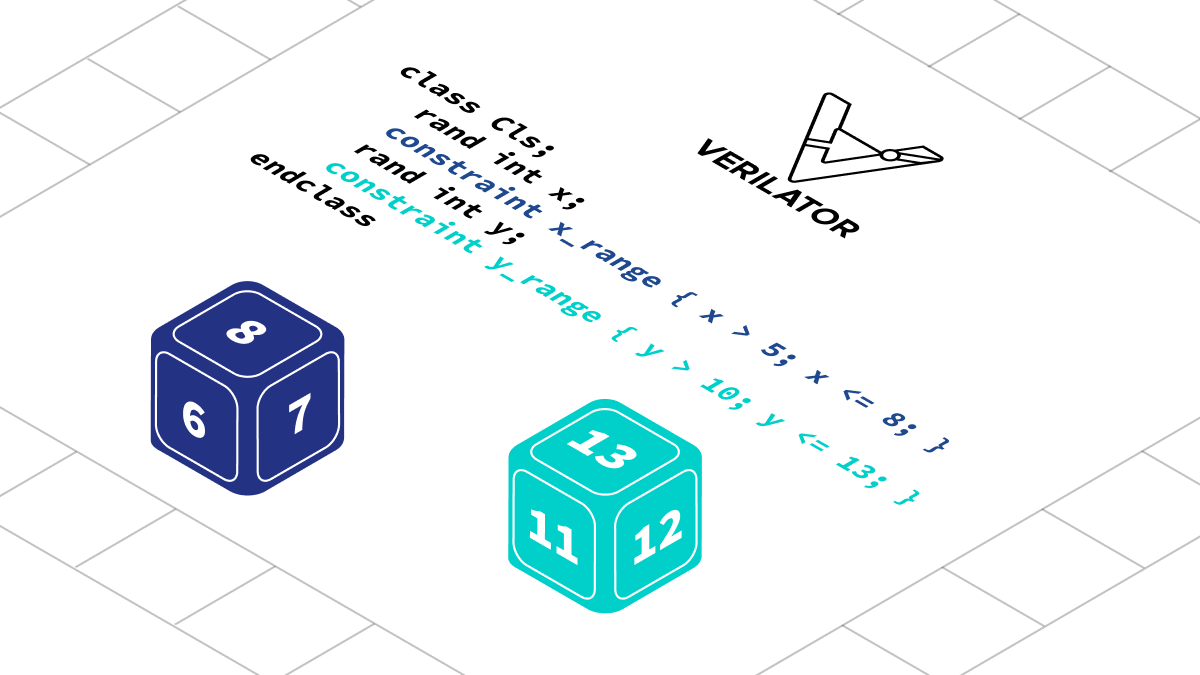Alibaba Cloud Announced Progress in Porting Android Functions onto RISC-V

The company also tops MLPerf Tiny v0.7 Benchmark with its IOT processor
Hangzhou, China, April 20, 2022 – Alibaba Cloud, the digital technologies and intelligence backbone of Alibaba Group, announced it has made further progress in porting basic Android functions onto the RISC-V instruction-set architecture (ISA). This proves the feasibility of using RISC-V based Android devices in scenarios ranging from multimedia to signal processing, device interconnection, and artificial intelligence.
Last year, the company reported it had successfully ported basic functions like chrome browsing in Android 10. Since the initial porting trial, further effort has been invested to rebase previous engineering on Android 12 to enable third-party vendor modules to facilitate new functions, including audio and video playback, WiFi and Bluetooth, as well as camera operation.
To better facilitate these new functions, Alibaba Cloud has also enabled more system enhancement features such as core tool sets, third-party libraries and SoC board support package on RISC-V, further improving the robustness of the RISC-V ecosystem when running on the Android software stack.
In addition, Alibaba Cloud successfully trialed the TensorFlow Lite models on RISC-V, supporting AI functions like image and audio classification and Optical Character Recognition (OCR), a development that helps accelerate the incorporation of RISC-V into smart devices.
“The support of Android12, vendor modules and the AI framework on RISC-V based devices is another major milestone that we have achieved,” said Jianyi Meng, Senior Director at Alibaba. “We look forward to further contributing to the RISC-V community with our advanced technology and resources, and encouraging more innovation in the community together with global developers.”
Meng added Alibaba Cloud will open the source codes of related technologies in the near future.
Alibaba Cloud Tops MLPerf Tiny v0.7 Benchmark
Earlier this month, Alibaba Cloud’s Xuantie C906 processor attained firsts in the most recent findings from MLPerf Tiny v0.7, an AI benchmark focusing on IOT devices. The Xuantie C906’s performance excelled in all four core categories – visual wake words, image classifications, keyword spotting, and anomaly detection. The Xuantie C906 is Alibaba’s custom-built processor based on the RISC-V instruction-set architecture.
Xuantie C906’s remarkable performance marks a milestone that showcases the potential of the RISC-V framework in achieving tailored AI functions with extremely low computing power.
The breakthrough performance in the AIoT area is driven by Alibaba Cloud’s innovation across hardware and software layers. Alibaba Cloud has improved the computing efficiency by using SinianML, a model optimiser, the Heterogeneous Honey Badger (HHB), the neural network model deployment toolset designed for the RISC-V architecture, and CSI-NN2, the optimised neural network operator library. In addition, Alibaba’s software stack, along with the hardware toolset and library, has optimised AI operators and further improved the performance of the AI inference model, resulting in the Xuantie C906’sexceptional performance.
Alibaba Cloud’s RISC-V based processors have already been deployed widely across a range of applications including smart home appliances, automotive environments and edge computing. Last year, Alibaba Cloud opened the source code of its XuanTie IP Core series, enabling developers to access the codes on Github and the Open Chip Community in order to build prototype chips of their own, which can be customised for IoT applications such as networking, gateway and edge servers.
Launched by the open engineering consortium MLCommons, MLPerf™ Tiny benchmark measures how quickly a trained neural network can process new data for the lowest power devices and smallest form factors. MLPerf Tiny v0.7 is the organisation’s second inference benchmark suite that targets machine learning use cases on embedded devices.
“AI for IoT is a highly competitive arena where customisation at every level is critical to achieve new breakthrough results at very low power” said Calista Redmond, CEO of RISC-V International. “Alibaba continues to build RISC-V industry leadership in parallel with their dedication and contribution to the global RISC-V community.”
“The flexibility of the RISC-V’s framework gives it an advantage in meeting the customisation demands of clients in the AIoT field. We will continue to drive innovation among the thriving RISC-V community, and assist global developers to build their own RISC-V-based chips in a much more cost-effective way,” said Meng.



